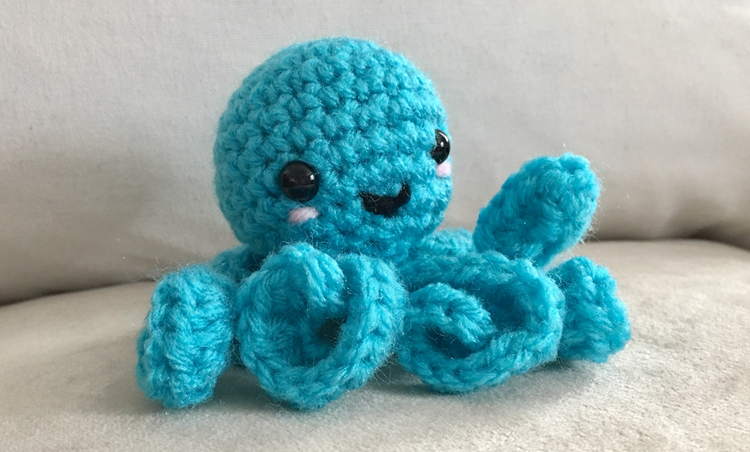

“He would be afraid of the slightest movement or any loud sounds. She was also unable to swaddle her child due to the many tubes around him.

“I’ve seen it work on my boys and I hope that more premature babies will be able to receive the octopus,” she said.Īnother mother of a premature baby, Ms Lim Yuling, said that the octopus was especially helpful when she could not be with her son around the clock. Her boys stopped tugging at their feeding tubes and seemed less fitful when resting with the toy. Scouring the Internet for ideas on what she could do for her sons, Ms Lim was about to order an octopus toy from abroad for S$50 when she chanced upon Ms Neo’s offer. Their heart rates were irregular as well. Ms Connie Lim’s twin boys were born premature at 26 weeks and often cried non-stop.

Still, some who have received such octopus toys are convinced they are effective.

However, Dr Ramasamy pointed out that specific care must be taken to clean the toy and that it may not be advisable for cases where a baby is in an incubator or is very prone to infection.Īccording to the doctor, some tertiary neonatal units in Singapore have begun this therapy, but proper clinical studies are still to be done. This can cause discomfort and pain,” said Dr Vidya Ramasamy a specialist in Paediatric Medicine and Neonatology with Raffles Children Centre.Īs the tentacles of the octopus simulate an umbilical cord - which establishes the connection between the mother and child - it may give the child a sense of being comforted, added Dr Ramasamy. “When the neonate, a newborn child, has to be delivered prematurely, they are exposed to different temperatures, light, sounds and a lot of handling for critical life-saving procedures. They depend heavily on breathing and feeding tubes for support. Premature babies sometimes have underdeveloped organs, which can lead to a range of complications such as breathing difficulties, heart problems and infections.


 0 kommentar(er)
0 kommentar(er)
